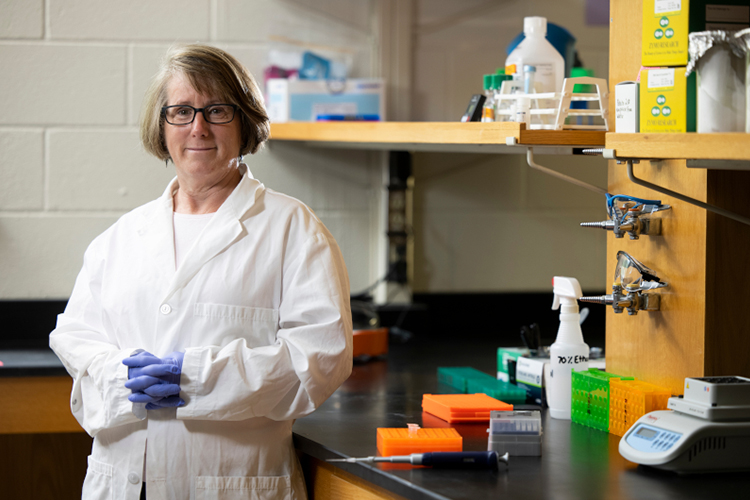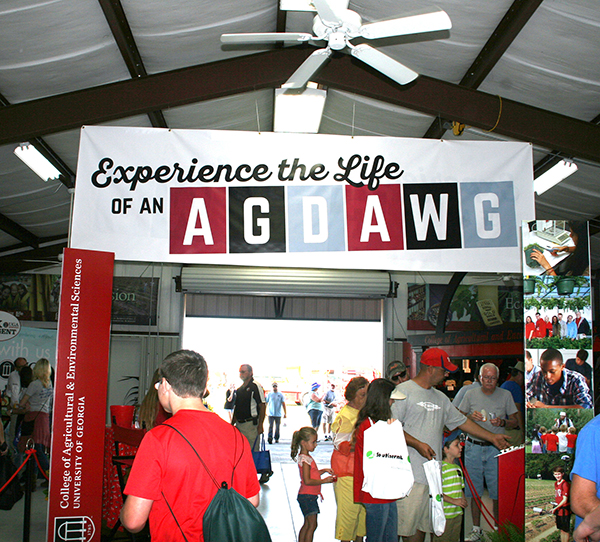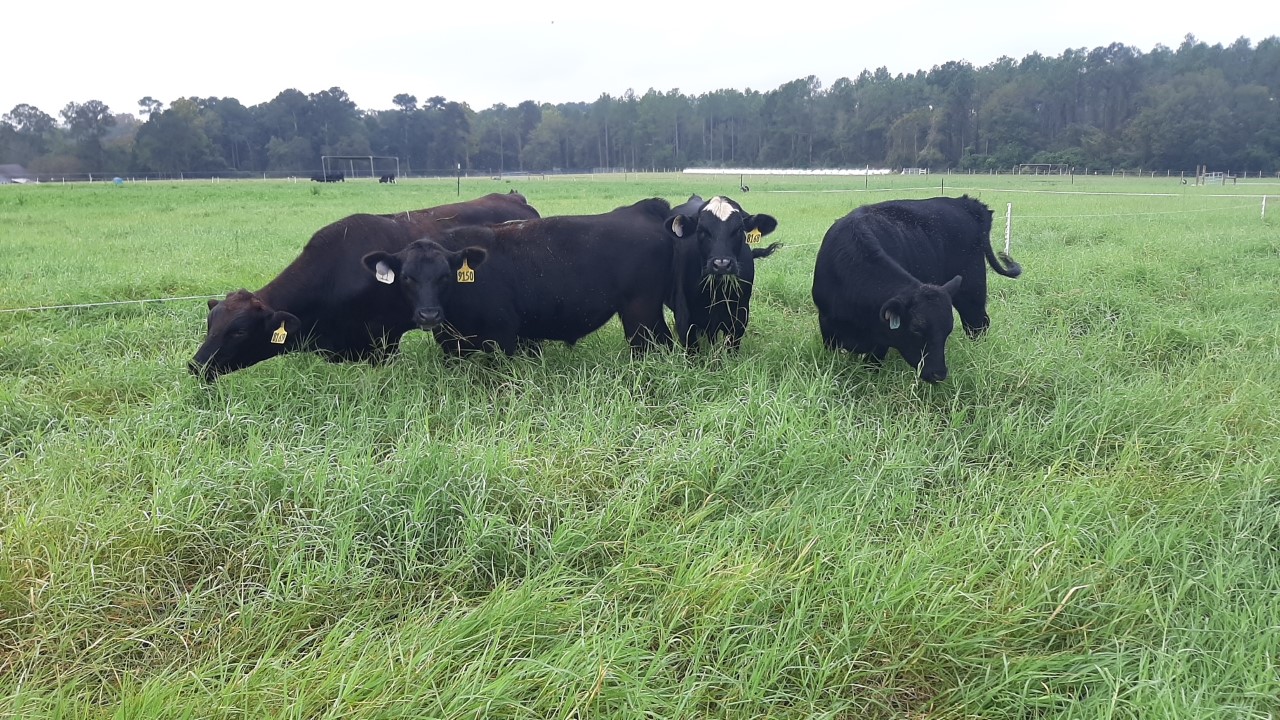 CAES News
CAES News
Re-establishing Alfalfa
Alfalfa, once a dominant forage in Georgia, is the third-highest crop for economic returns in the United States. Combined with cheap nitrogen prices, difficulty growing the desirable forage crop in Georgia’s challenging climate led to a decline in alfalfa production in the state after its peak in the 1960s.

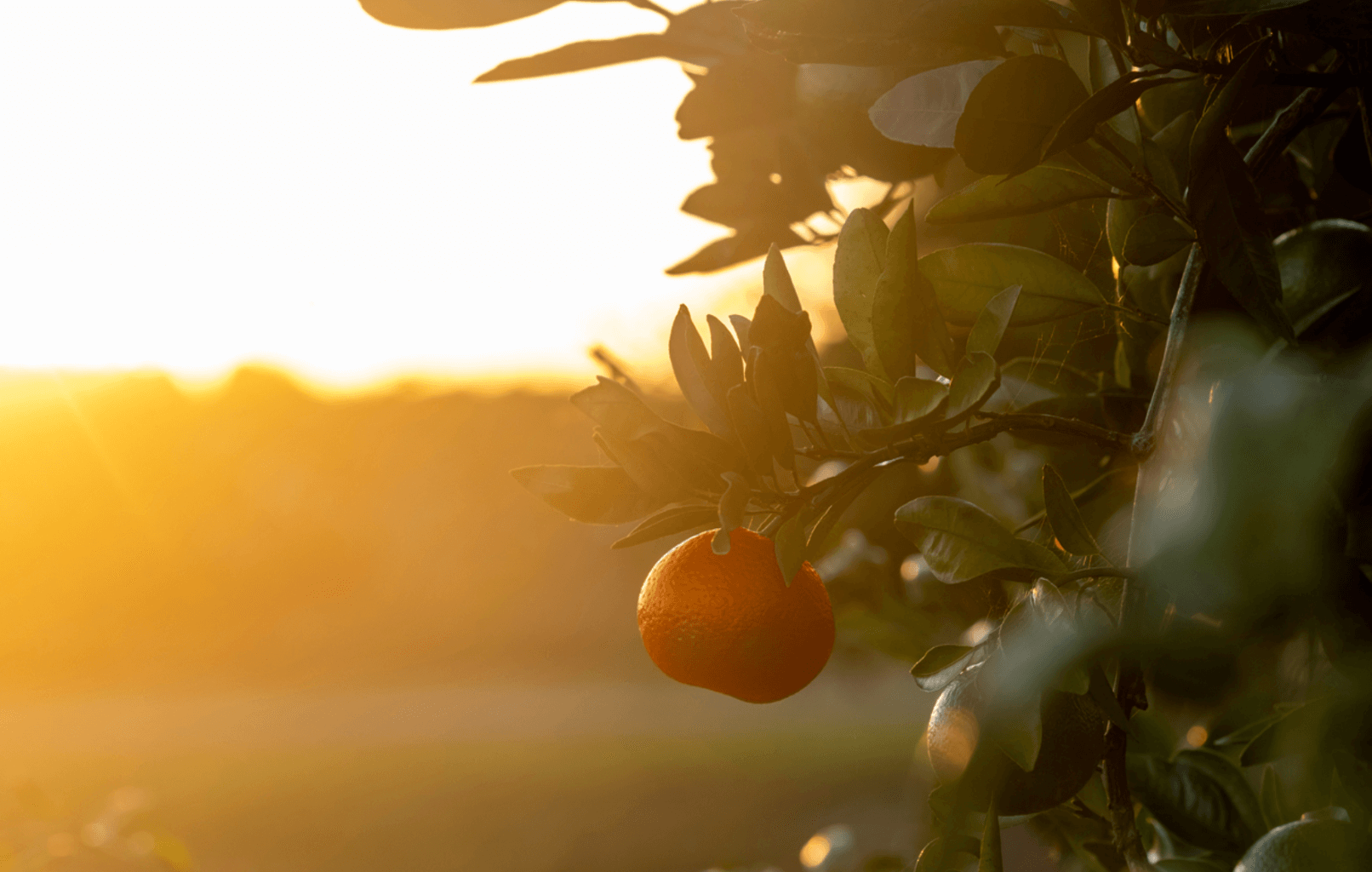
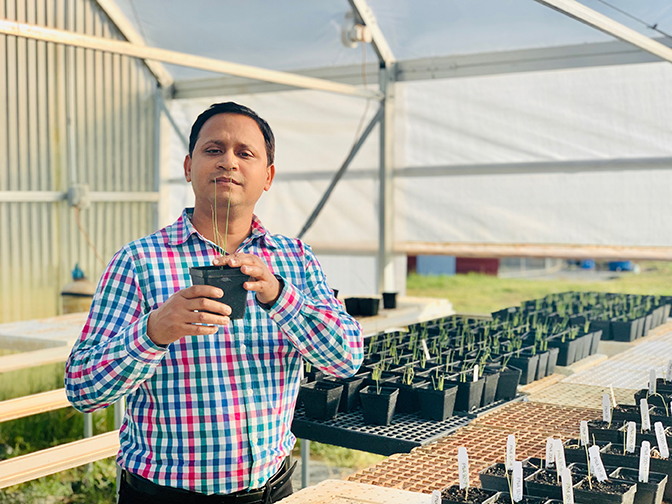
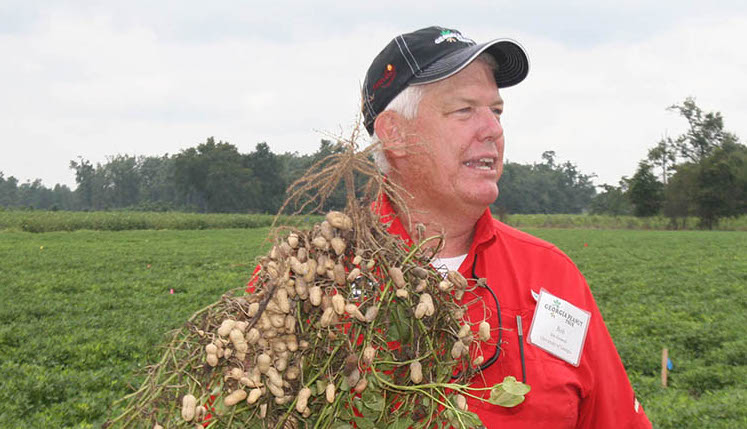
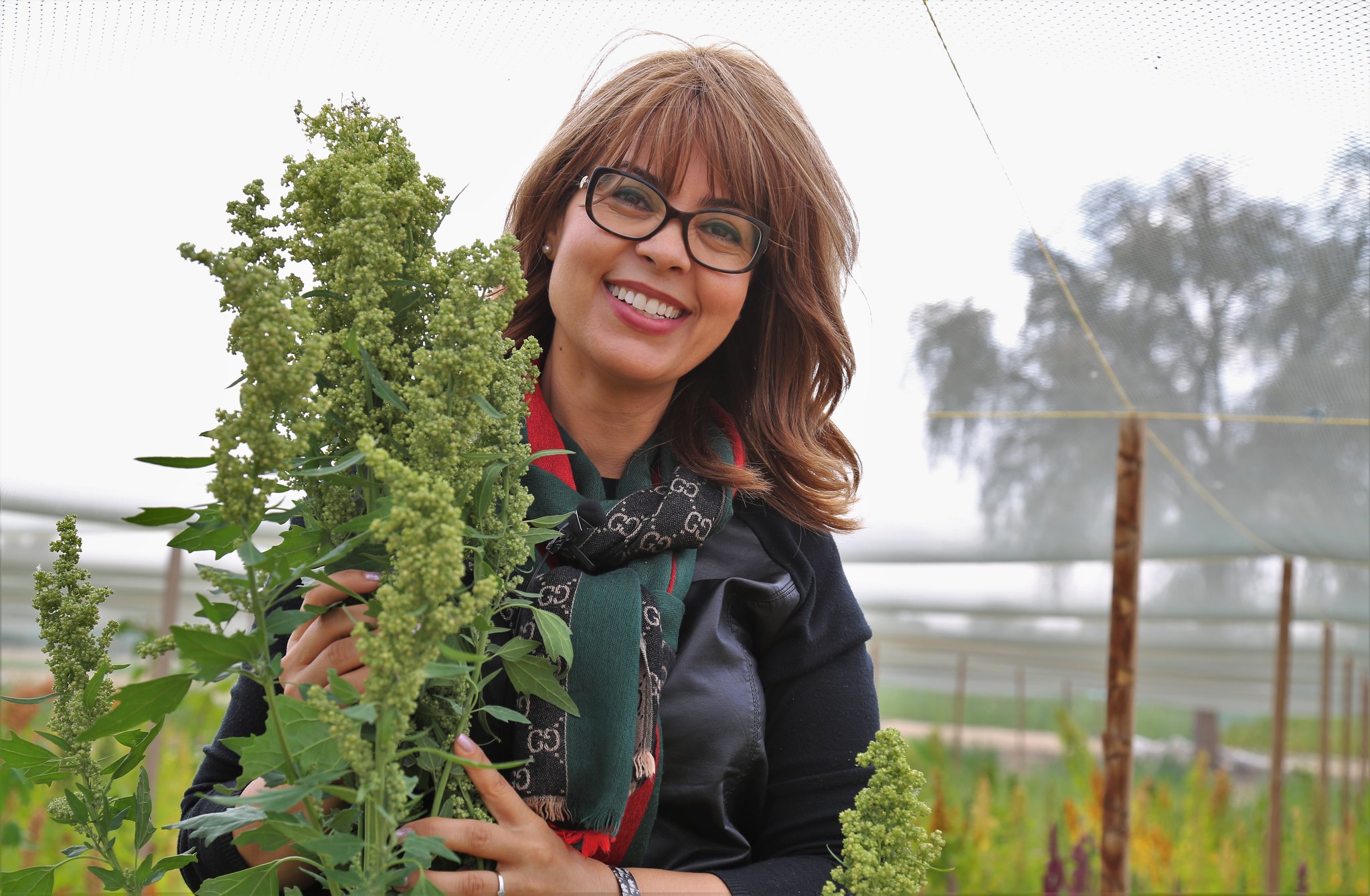
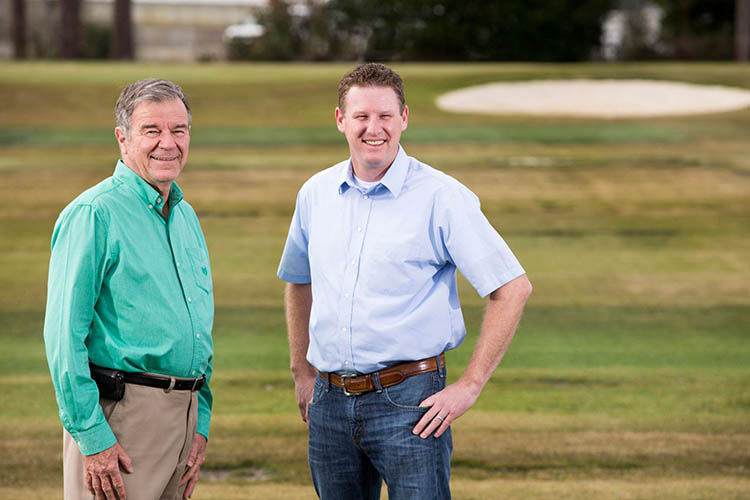
.png)
